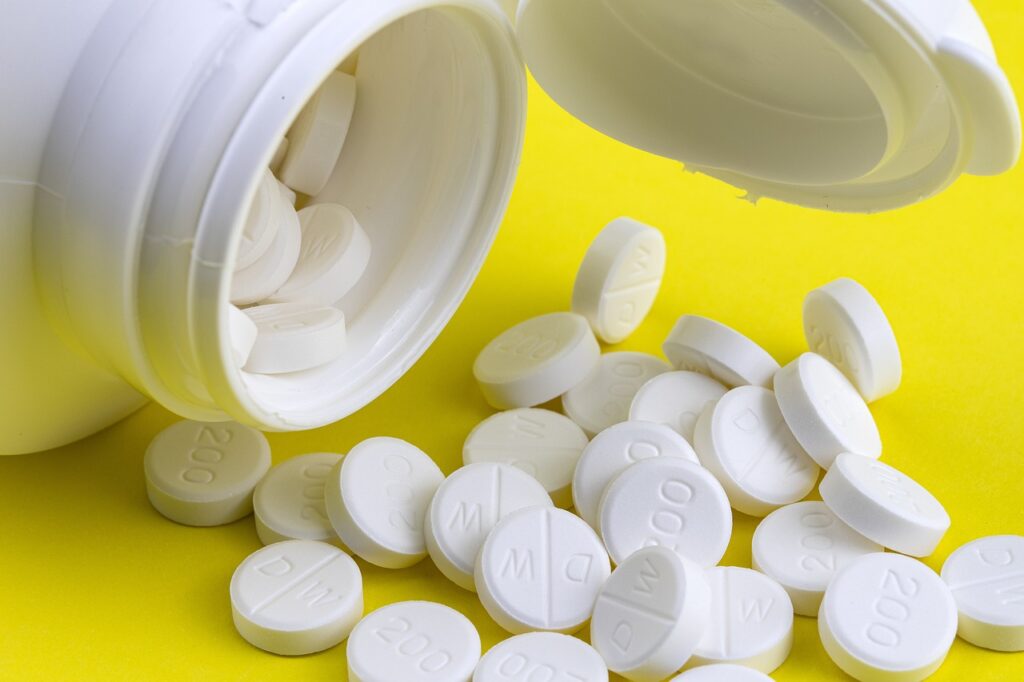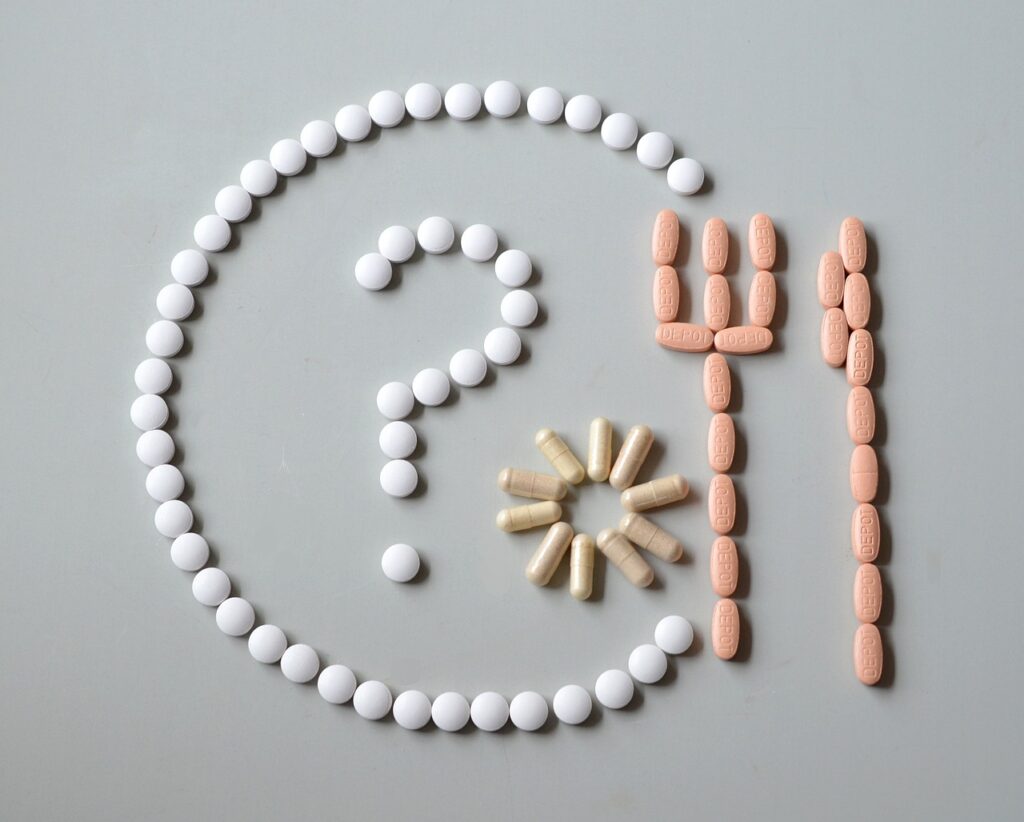Introduction: The Pursuit of Peak Performance
Elite athletes are constantly seeking that extra edge, a way to push beyond limits and achieve peak performance. Amidst the myriad of supplements, beta-alanine has emerged as a game-changer, offering unique advantages for those aiming for excellence in their respective fields. In this comprehensive guide, we’ll explore how beta-alanine supplementation can elevate the performance of elite athletes.
Understanding Beta-Alanine: The Buffering Powerhouse
**a. What is Beta-Alanine?
- Beta-alanine is a non-essential amino acid, meaning the body produces it naturally and it can also be obtained through certain foods or supplements.
- Unlike essential amino acids, which the body cannot produce, beta-alanine plays a role in the synthesis of carnosine, a dipeptide found in muscles.
**b. Carnosine’s Buffering Role:
- Carnosine acts as a buffer, helping to neutralize the acidic environment that develops during high-intensity exercise.
- By buffering acidity, carnosine delays muscle fatigue and allows athletes to sustain peak effort for longer durations.
Beta-Alanine and Exercise Performance: The Scientific Connection
**1. Improved High-Intensity Performance:
- Research indicates that beta-alanine supplementation can enhance performance in activities involving short bursts of intense effort, such as sprinting, weightlifting, and high-intensity interval training (HIIT).
**2. Reduced Muscle Fatigue:
- Beta-alanine’s buffering effect helps reduce the accumulation of lactic acid, a key contributor to muscle fatigue.
- Elite athletes may experience delayed onset of fatigue, enabling them to push harder and longer during training and competition.
Beta-Alanine Supplementation Protocols for Elite Athletes
**1. Dosing Recommendations:
- While individual needs may vary, a common dosage is around 4 to 6 grams per day, with a loading phase of 2 to 4 weeks followed by a maintenance phase.
- Splitting the dose throughout the day can help manage paresthesia.
**2. Timing Strategies:
- Before Training:
- Taking beta-alanine approximately 30 minutes before training can maximize its presence during exercise, contributing to improved buffering capacity and reduced fatigue.
- With Meals:
- Combining beta-alanine with meals ensures optimal absorption. Athletes can consider including it in a meal before or after training.
- It’s crucial to note that the timing of beta-alanine intake can be flexible based on an individual’s routine and preferences. If an athlete prefers to take it before training for the acute benefits and also includes it in a post-training meal, this can be a viable approach.
- Meal Timing Post-Training:
- Including beta-alanine in a meal post-training is beneficial for its absorption, particularly if the meal contains a balance of protein, carbohydrates, and fats to support overall recovery.
- Flexibility:
- Athletes can experiment with different timings to find what fits best into their daily routine while ensuring they get the optimal benefits of beta-alanine supplementation.

Addressing Paresthesia: Managing the Tingle
- A common side effect of beta-alanine supplementation is paresthesia, a tingling sensation on the skin.
- While harmless, some athletes may find it discomforting. Strategies to manage paresthesia include splitting doses or choosing a sustained-release formula.
Potential Side Effects and Considerations
- GI Distress:
- Some individuals may experience mild gastrointestinal distress, such as nausea or upset stomach. This can often be mitigated by taking beta-alanine with meals.
- Individual Responses:
- Responses to beta-alanine can vary. Athletes should monitor their own reactions and consult with professionals if they experience persistent discomfort.
Individual Considerations and Consultation: A Smart Approach
- Beta-alanine supplementation’s effectiveness can vary between individuals.
- Athletes are encouraged to consult with sports nutritionists or healthcare professionals to tailor supplementation plans based on personal goals, training routines, and health conditions.
Success Stories: Elite Athletes and Beta-Alanine
**1. Combat Sports:
- MMA fighters and boxers benefit from enhanced endurance and reduced fatigue during high-intensity rounds.
**2. Sprinting and Track Events:
- Sprinters and track athletes report improved performance, especially in the final sprints of races.
**3. Team Sports:
- In team sports like soccer and basketball, where endurance and sustained effort are crucial, beta-alanine can offer benefits in maintaining performance during prolonged periods of play.
**4. Weightlifting:
- Elite weightlifters experience benefits in sustaining power output during heavy lifts and high-repetition sets.
Potential Limitations and Future Research
- While beta-alanine offers notable benefits, it may not be equally effective for all sports or types of training.
- Ongoing research aims to uncover specific nuances and optimal strategies for various athletic disciplines.
Conclusion: Elevating Elite Performance with Beta-Alanine
Beta-alanine stands as a valuable tool in the arsenal of elite athletes aiming for unparalleled performance. From reducing muscle fatigue to improving endurance, its impact on high-intensity activities is noteworthy. As with any supplement, individual responses can vary, emphasizing the importance of personalized consultation and a smart, informed approach.
Elite athletes looking to push boundaries and break through performance plateaus can explore beta-alanine under the guidance of knowledgeable professionals. By integrating this buffering powerhouse into their training regimen, they may find themselves reaching new heights in their pursuit of excellence.

